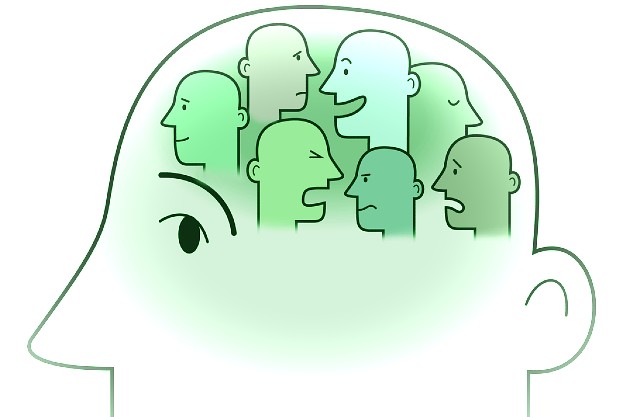Psychotherapy offers many pathways to self-understanding, and IFS therapy, or Internal Family Systems Therapy, is one of the most transformative. Developed by Dr. Richard Schwartz, IFS views the mind as made up of distinct parts or subpersonalities, each carrying its own emotions, beliefs, and roles. Instead of silencing these parts, IFS helps individuals build relationships with them, promoting inner harmony and healing.
In fact, studies show IFS can significantly reduce symptoms of anxiety, depression, and PTSD. In this blog post, we’ll unpack the core principles, techniques, and healing potential of Internal Family Systems therapy—and how it can support deep personal growth.
At the heart of this approach is the idea that our minds are made up of many parts, similar to a family system. These parts develop in response to our life experiences, especially those from childhood. Some parts may act as protectors, shielding us from pain, while others may carry wounds from past experiences. Central to this model is the concept of the "Self," which represents our true essence—a place of wisdom and compassion. Through therapy, individuals learn to connect with this Self, guiding their inner system towards harmony and authenticity.
Internal family systems therapy operates on several key principles:
1. Self-Leadership: Clients learn to lead themselves with compassion and curiosity, accessing their inner wisdom to guide their parts towards cooperation and integration.
2. Unburdening: Through compassionate exploration, individuals work to release burdens carried by wounded or protective parts, allowing for healing and restoration of balance.
3. Reparenting: Drawing from attachment theory, IFS therapy emphasizes providing nurturing care to wounded parts, fostering healing and a sense of safety.
4. Integration: The goal is to integrate all parts into a cohesive whole, fostering understanding, acceptance, and cooperation among them.
IFS therapy utilizes various techniques. Clients practice observing their thoughts and feelings without judgment, fostering deeper understanding and connection with their inner parts. Therapists facilitate conversations between clients and their parts, promoting empathy and reconciliation. Clients explore their inner landscapes through visualization exercises, gaining insights into their parts and fostering integration. Role-playing and other experiential techniques deepen clients' understanding of their internal dynamics, cultivating empathy and self-awareness. This kind of therapy offers numerous benefits:
1. Trauma Recovery: It provides a framework for safely exploring and processing past traumas, facilitating healing and reclaiming a sense of wholeness.
2. Emotion Regulation: Clients develop skills to navigate their emotions more effectively, fostering resilience and well-being.
3. Improved Relationships: Greater self-awareness and empathy lead to more fulfilling and harmonious relationships with others.
4. Personal Growth: Clients experience profound personal growth and self-discovery, unlocking their full potential and living more authentic lives.
Internal family systems therapy offers a transformative journey towards healing and personal growth. At Another Light Counselling in Mumbai, Aanchal Narang has been acing the process by understanding and integrating clients’ inner parts. Individuals can find balance and authenticity within themselves. As therapists and clients continue to explore the depths of the human psyche through IFS therapy, the potential for healing and transformation is endless.

